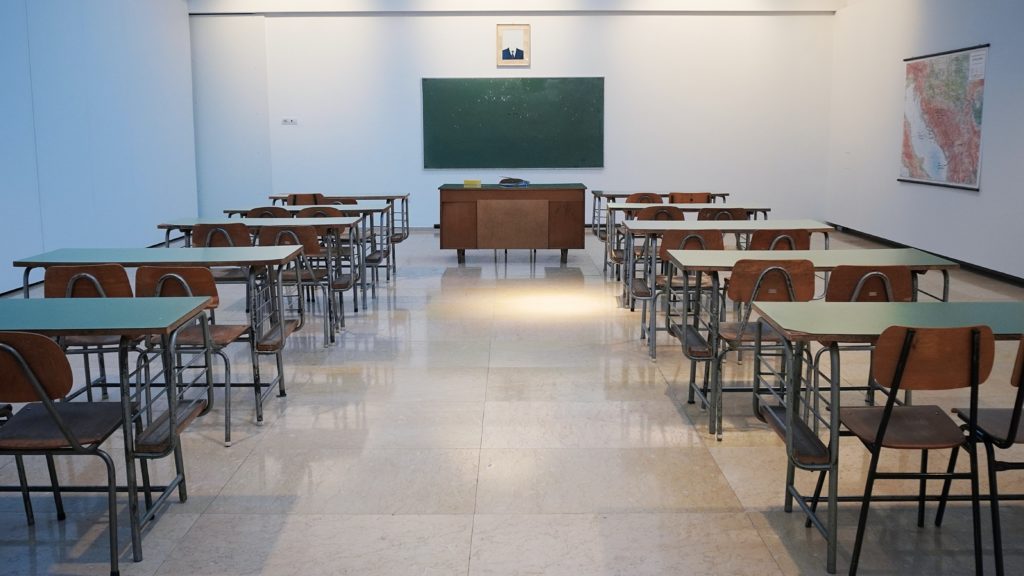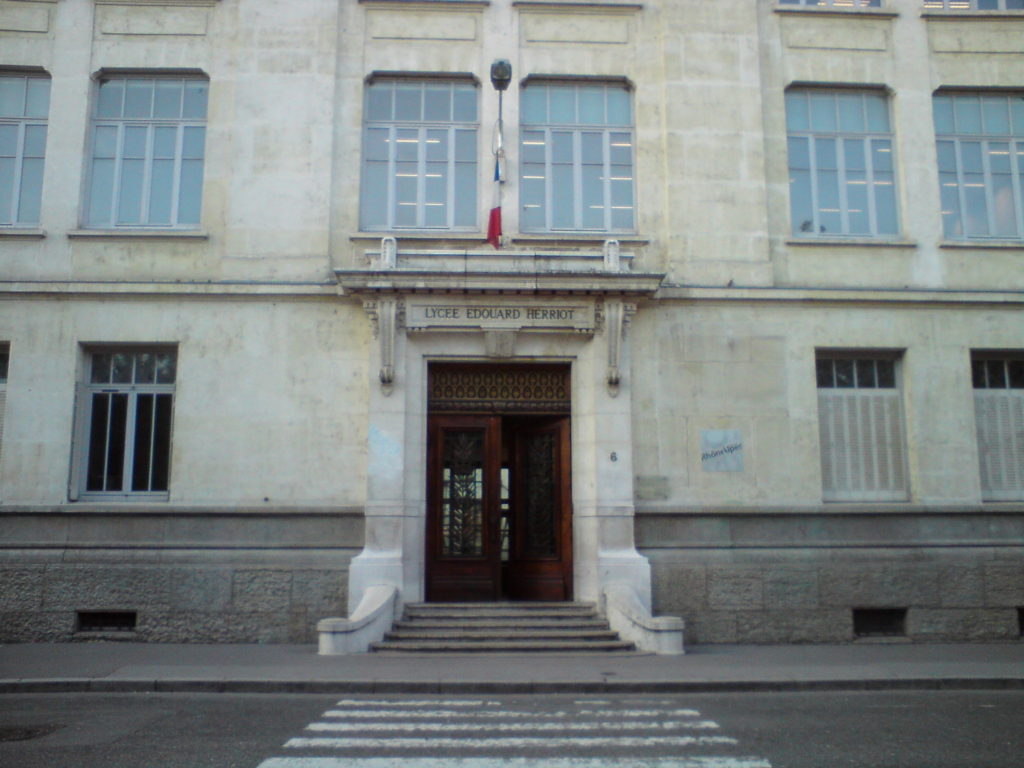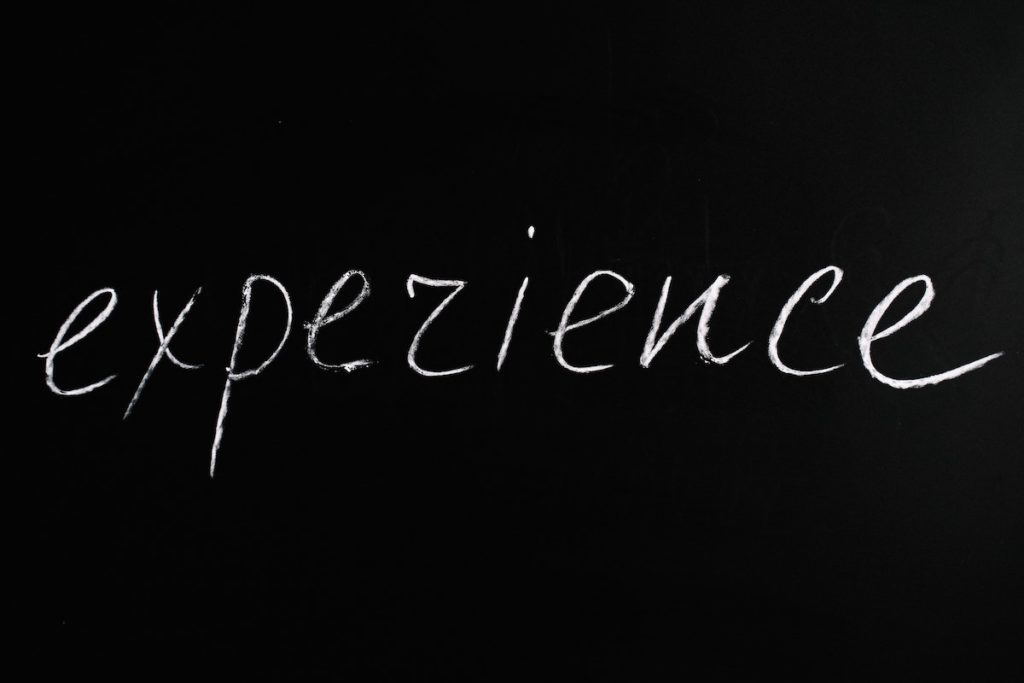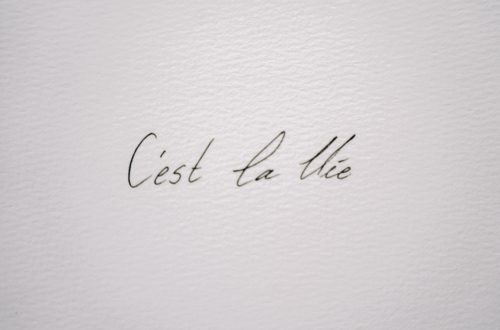The baccalaureate in France is the diploma that validates the end of high school education and opens access to higher education. There are 3 types of baccalauréat in France: the general bac, the technological bac, and the vocational bac. Let’s see what to expect if you or your teenager take this French exam!
Table of Contents
The difference between the three types of baccalaureate in France
The baccalaureate is commonly “bac” in French.
In France, students who have completed their third year of school (la troisième) have to choose between three specific routes to continue their studies: the general route, the technological route or the vocational route. The three types of baccalaureate in France are all diplomas with the same level of qualification (level 4 corresponding to the baccalaureate).
The General bac is an academic path that prepares students for higher education studies in a variety of fields, such as humanities, sciences, and social sciences. It provides a broad education in various subjects and focuses on developing critical thinking and analytical skills.
The Technological bac is a more specialised path that focuses on a specific area of study, such as management, health, or engineering. It aims to provide students with the technical skills and knowledge required to pursue a career in their chosen field. While both diplomas are equally recognized by universities and employers, they differ in the education provided and the career opportunities they can lead to.
The vocational lycée is more closely linked to professional reality. The vocational baccalaureate in France can lead to immediate integration into working life or to further study in higher education, in particular in a BTS (brevet de technicien supérieur) in a field corresponding to the baccalaureate.
It offers more than 80 specialities, whereas the technical bac has 7 choices in 17 specialities. The other difference between vocational and technological high schools concerns the profile of the public concerned since students at vocational high schools can be pupils, apprentices or trainees.

The general bac
In 2021, 53.7% of high school students prepared for a general baccalaureate in France, which makes it the most popular option at the baccalaureate level.
The baccalauréat général is assessed in two ways
- in the context of continuous assessment (40% of the final mark) taking into account
- the evaluation of the student’s results in class during the final cycle for compulsory and optional subjects
As part of the final exams (60% of the final mark) of the first group and, where appropriate, the second group (“oraux de rattrapage” or “épreuves de contrôle“).
Continuous assessment
The 40% of the baccalaureate mark assesses the compulsory subjects that are not subject to final examinations. In addition, students may add optional subjects to complete their course. These options are not subject to final examinations. The marks for the baccalauréat are then calculated on the basis of the results obtained in class during the two years of the final cycle.
Candidates for the baccalauréat use their annual averages, established on the basis of the pupil’s term or semester averages over the final cycle, in the subjects concerned:
Specialised teaching followed only in première: History-geography, science, modern language A, modern language B and moral and civic education (classes première and terminale).
In physical education and sport, the mark used for continuous assessment is the average of the marks obtained by the student in the certification assessments provided for in the framework of the in-service assessment (CCF).
The table of coefficients for continuous assessment is as follows:
| Première (1ère) | Terminale | Total cycle | |
| First-year speciality course (1ère) | 8 | 8 | |
| History & Geography | 3 | 3 | 6 |
| First foreign language | 3 | 3 | 6 |
| Second foreign language | 3 | 3 | 6 |
| Science education | 3 | 3 | 6 |
| Sports | 6 | 6 | |
| Moral and civic education | 1 | 1 | 2 |
| Total | 21 | 19 | 40 |
| Optional courses (maximum 1 in première, 2 in terminale, except LCA Latin and Greek) | 2 per option & per year | 2 per option & per year | 4 added to the total number of coefficients (14 maximum) |
The evaluation project drawn up by the school specifies the methods of organisation of this continuous assessment. This project is brought to the attention of the student and the family.

The first group tests
The final examinations include the tests taken in advance at the end of première as well as the final examinations taken in terminale.
The anticipated tests concern the written and oral French tests for all candidates in the general stream. The marks awarded for these tests are provisional until the jury meets the following year for the examination session.
The final examinations in the final year of the school year include
- the two speciality tests
- the philosophy test
- the final oral test, known as the ‘Grand oral’.
For the subjects assessed in the final exam, the mark awarded in the baccalauréat is the mark obtained in this exam.
The table showing the distribution of coefficients for the final tests of the baccalaureate in France is as follows:
| Première (1ère) | Terminale | |
| French (writen & oral) | 5+5 | |
| Speciality course 1 | 16 | |
| Speciality course 2 | 16 | |
| Philosophy | 8 | |
| Grand oral | 10 | |
| Total | 10 | 50 |
At the end of the first group of tests, if the candidate has obtained an average mark of less than 8/20, he/she is disqualified.
If he/she has obtained an average mark of 10/20 or more, he/she is declared definitively admitted.
If he/she has obtained an average mark of at least 8/20 and less than 10/20, he/she is authorised to take the second group of oral tests.
Second group tests (“oraux de rattrapage” or “épreuves de contrôle”)
During the second group of tests, the candidate takes two oral tests in two subjects chosen from among those that were the subject of written tests in the first group, including the early tests.
In order to prepare candidates as well as possible, a table entitled “Oral examination of the second group” sets out the content of the specialised teaching programmes that may be assessed during the oral examination of the second group of the baccalauréat de la voie générale.
Only the best mark obtained by the candidate in the first or second group is taken into account by the examination jury.
The candidate is accepted if he or she obtains at least an average mark of 10/20 in all the tests at the end of these orals.
A certificate of completion of secondary education (C.F.E.S.) is issued to candidates who fail the second group of tests.

The mentions
The mentions ‘assez bien‘ (AB), ‘bien‘ (B), ‘très bien‘ (TB) and ‘très bien avec les félicitations du jury‘ are awarded only to candidates who obtain the baccalauréat in the first group of tests, according to the average mark obtained.
The rule is as follows:
- Mention AB: average greater than or equal to 12 and less than 14/20.
- Mention B: average greater than or equal to 14 and less than 16/20.
- Mention TB: average greater than or equal to 16 and less than 18/20.
- Mention TB with congratulations of the jury: average higher than or equal to 18/20.
Replacement tests (or “September tests”)
Candidates who, for reasons of duly established force majeure or for reasons of European and international school mobility duly covered by a study contract, were unable to take all or part of the tests in the first group during or at the end of the school year, may be authorised by the rector to take only the replacement tests organised at the end of the school year or at the beginning of the following school year (i.e. from the following September).
The replacement session does not include physical education and sports tests, nor tests or parts of tests organised in public or private establishments under contract outside the session organised at the end of the school year.
The technological bac
Preparing for a technological baccalaureate in France is a response to a pronounced taste for a particular sector of technological activity (management, social, sustainable development, music, hotel management, etc.) and a concrete approach to teaching.
The teaching methods favour case studies, where theories are deduced from particular cases, unlike a general baccalaureate with very abstract notions.
Depending on the series chosen, you will be directed towards a particular field of study.
The organisation of the technological baccalaureate in France is similar to the general baccalaureate. All the information provided above regarding the continuous assessment, the different groups and the replacements test will also apply to pupils taking the technological bac.

The vocational bac
Preparation for the vocational baccalaureate in France
There are currently about 100 specialities of the vocational baccalaureate in France. Holders of this diploma are suitable for a highly qualified professional activity; they can also continue their studies, in particular in a higher technician section (STS).
The professional baccalaureate can be obtained in two ways:
- passing an examination
- validation of acquired experience (VAE)
There are several ways to take the exam:
- the school route
- apprenticeship
- continuing vocational training
- as an individual candidate, after 3 years of professional activity
To access a VAE, the candidate must have worked for at least one year in a job at least equal to that of a qualified worker or employee, in a professional field related to the diploma in question.
Examination for the vocational baccalaureate in France
The professional baccalaureate is a national diploma. It allows the professional integration of successful candidates. It consists of seven compulsory tests. Candidates may also choose to take up to two optional tests (possible choices: modern language, sports and mobility).
Depending on the status of the candidates and the type of institution, the examination can take two different forms:
- the candidate takes all the tests during the same session: this global form is compulsory for schoolchildren and apprentices;
- the candidate chooses the tests he or she wishes to take at each session: this progressive form is reserved for candidates in continuing vocational training or those who have followed a distance learning course if they so wish.
In order to pass the exam, candidates must obtain an overall average of 10/20 or more.
For candidates who have not been able to take the exam, an oral test will be held for those who have obtained :
- an average mark equal to or higher than 8 and lower than 10 out of 20 ;
- and a mark equal to or higher than 10 out of 20 on the test assessing professional practice.
At the end of the control test, candidates who have obtained an average mark of at least 10 out of 20 (the average between the mark obtained in this test and the average mark obtained in the compulsory tests) are declared admitted.
The first group tests
The general written tests, common to all candidates, usually take place in mid-June.
The results are announced at the end of June-beginning of July.
The control test for the vocational baccalaureate will be held in all the académies up to the beginning of July.
Replacement tests
The replacement written examinations usually take place in September.
What you need to remember
The year-long continuous assessment takes a big part (40%) of the final exam, which releases a bit of pressure on the final exam compared to how it was before.
The final exam is spread over the Première and the Terminale class at the end of the school year and there is a repeat session in September for pupils that got under the average between 8 and 10 over 20.
I hope this helps you to navigate a bit better the French baccalaureate system!



